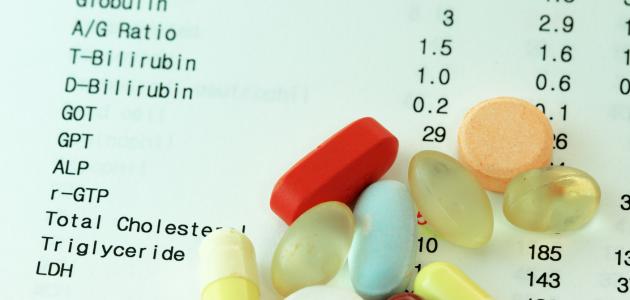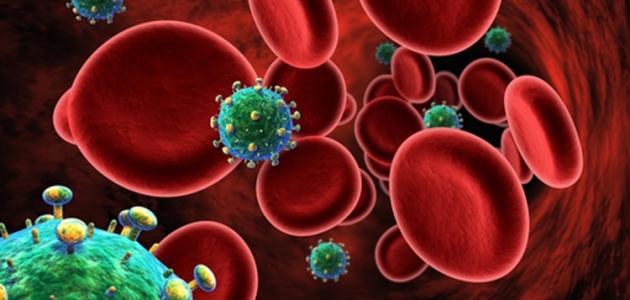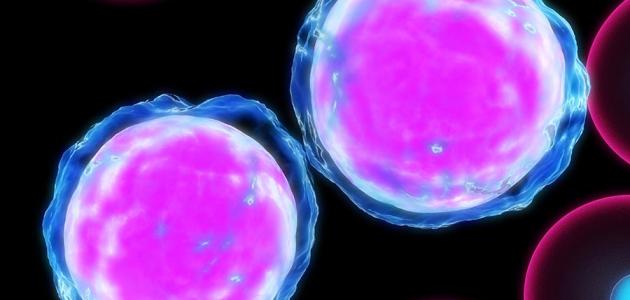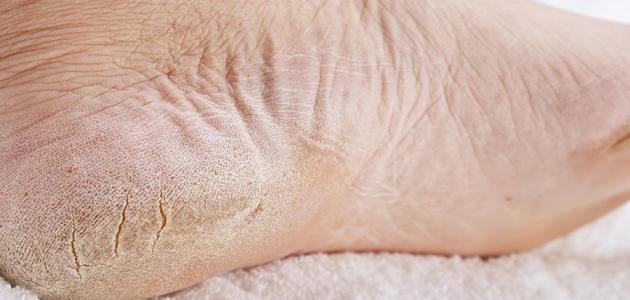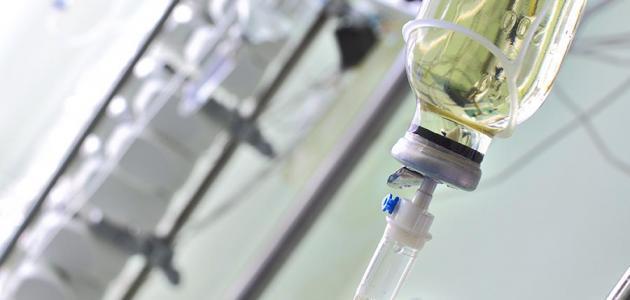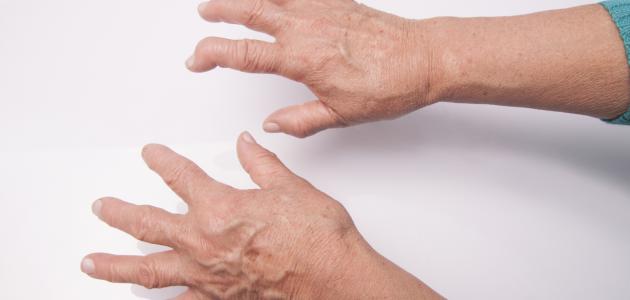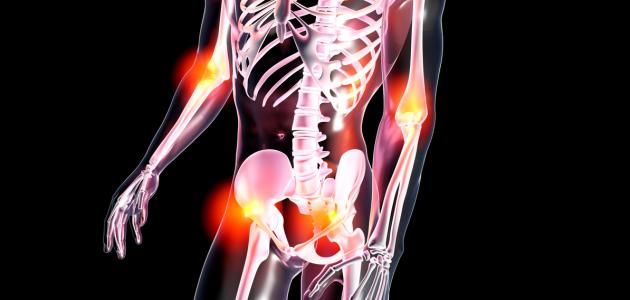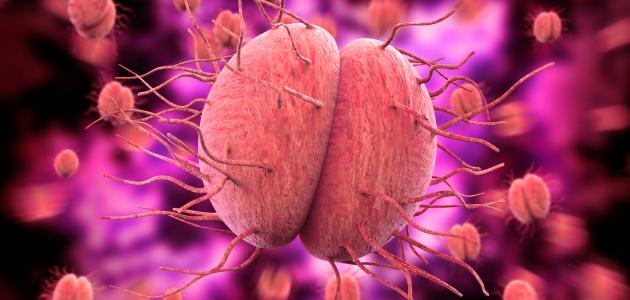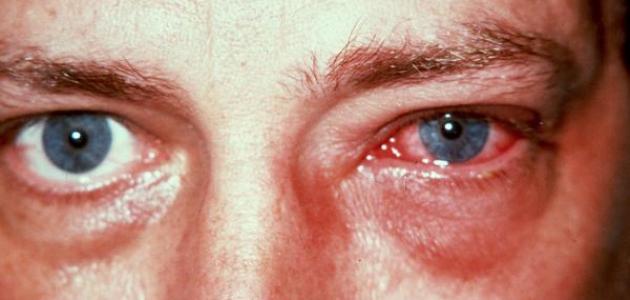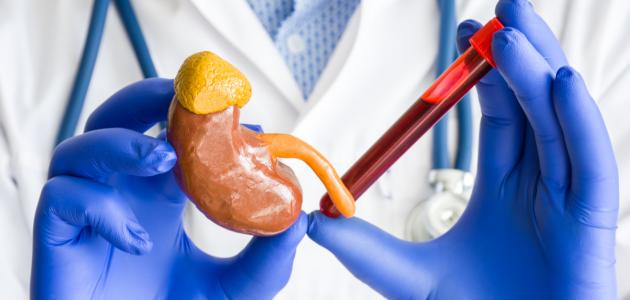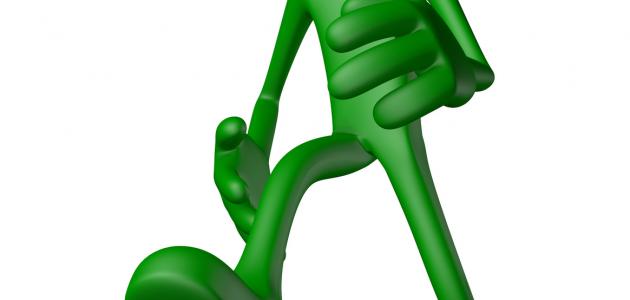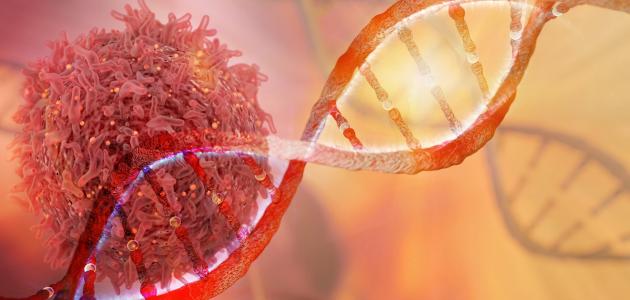Contents
Albumin disease
Proteins are an important part of the diet, as they play a central role in the growth and repair processes in the body, and they help build bone and muscle, prevent infections, and maintain fluid balance in the body. There are many proteins in the blood, and perhaps the most important and most common of them is albumin protein, and due to the large size of proteins, most of them cannot pass through the kidney filters to reach the urine, and it does not appear in the urine except in very limited quantities in, and thus the body can retain It does not go to waste with urine; The healthy kidneys filter excess fluid and waste products from the blood into the urine , and they maintain the blood's content of proteins and other essential nutrients. [1] [2]
But there are some diseases and health problems that can affect kidney function , and prevent their ability to prevent proteins from leaking through the urine, which leads to the appearance of proteins in the urine in high quantities, and often the main protein shown in the urine in this case is albumin protein. This condition is called Proteinuria, and it should be noted that the term albumin disease may not be completely accurate. Albumin is not a disease in itself, but a sign of a disease or health problem that has affected the kidneys. [2]
Symptoms of albumin disease
In the early stages of kidney disorder, a person with albumin often does not notice any symptoms or warning signs, and the amount of protein leaked into the urine is little or moderate, so the patient does not feel any change in his urine, and the only way to detect albumin infection is through a urine test in a hospital or laboratory. Medical. But with the aggravation of the condition and the increase in the damage to the kidneys, the amount of protein excreted in the urine increases dramatically, and at that time the patient may notice some symptoms such as: [2]
- Frothy urine or the appearance of bubbles in it, and although Albumin one of the main reasons for the emergence of urine is foamy, but this does not mean the inevitability of injury to the person albumin, may be frothy urine resulting from the full bladder urine flow is too fast, or not eating sufficient amounts of Water and dehydration, or other less common causes, such as: the use of the drug Phenazopyridine , or the return of semen to the bladder instead of coming out of the penis naturally. In general, foamy urine can be said to be a sign of a health problem if it occurs frequently or gets worse over time. [3]
- Swelling of hands, feet, abdomen, or face. [2]
- Shortness of breath or difficulty breathing . [4]
- Fatigue, exhaustion, and trouble sleeping.
- Urinating more than usual.
- Nausea and vomiting.
- Dry skin and suffering from itching .
Causes of albumin disease
The main causes of albuminuria or proteinuria can be explained as follows: [5]
- Having a glomerular kidney disease; As the glomeruli are the main functional units in the kidneys, and they are responsible for filtering blood into the kidneys, and in the event of glomerulonephritis or diabetes, the glomeruli can be damaged and the proteins are excreted in the urine.
- Albumin facilities occur as a symptom of injury to the failure of the heart failure , or as a warning to the injury of pre - eclampsia .
- Urinary tract infection: A urinary tract infection can be inferred by the emergence of some symptoms and signs on the affected person, such as: fever, a feeling of burning or pain during urination, pain or pressure in the lower abdomen, and the feeling of an urgent need to urinate suddenly. [5] [6]
- Doing strenuous exercise or have a very high fever, in which case the occurrence of albumin is temporary. [5]
- Suffering from orthostatic proteinuria, which is a benign and harmless condition that occurs mostly in children, and causes protein to appear in the urine in amounts that exceed the usual normal limits in late days of the day and not appear in the morning. [5]
Risk factors for albumin
Having diabetes or stress is the main risk factor for kidney damage and the occurrence of proteinuria. In addition, there are many health problems and conditions that increase the risk of developing albumin or proteinuria, and some of them are mentioned below: [7]
- Taking some types of medication or being exposed to some types of toxic substances.
- Immune system disorder .
- Obesity.
- Progress in age and reaching 65 years and over.
- A family history of kidney disease.
- Having a disease that may cause an increase in the production of proteins in the body, such as: Multiple Myeloma or Amyloidosis.
Albumin disease treatment
Since albumin is not a specific disease, as mentioned above, but rather a sign of a disease or health problem that affected the kidneys, its treatment depends on determining this cause, i.e. the disease or health problem that led to it and treating it in an appropriate manner. Such as: making additional urine tests, and conducting imaging tests such as: ultrasound and computed tomography , in addition to the possibility of taking a biopsy of kidney tissue. In general, it can be said that the treatment plan that the doctor sets to control albumin disease depends on the following matters: [4] [7]
- Controlling hypertension or diabetes if the patient suffers from either of them to prevent the kidney damage from getting worse.
- Change the diet according to what the doctor sees fit.
- Make some lifestyle adjustments such as: quitting smoking, losing excess weight, and exercising.
- Take medications prescribed by a doctor; In some cases, the doctor may prescribe one of the types of drugs to help control albumin, and perhaps the most important groups that can be used in this case include:
- Angiotensin-converting enzyme inhibitors, for short, ACE inhibitors.
- Angiotensin receptor blockers (ARBs).
References
- ↑ "Protein in urine (Proteinuria)" , www.nhs.uk , Retrieved 9-1-2018. Edited.
- ^ A b t w "Protein In Urine" , Www.kidneyfund.org , Retrieved 9-1-2018.
- ↑ "Why Is My Urine Foamy?" , www.healthline.com , Retrieved 9-1-2018. Edited.
- ^ A b "What ' You Should Know View About Albuminuria (Proteinuria)" , Www.kidney.org , Retrieved 9-1-2018. Edited.
- ^ A b t w "Protein In Urine (Proteinuria)" , Www.nhs.uk , Retrieved 9-1-2018. Edited.
- ↑ "Urinary Tract Infections (UTIs)" , www.webmd.com , Retrieved 9-1-2018. Edited.
- ^ A b "Protein In Urine (Proteinuria)" , the www.webmd.com , Retrieved 9-1-2018. Edited.
